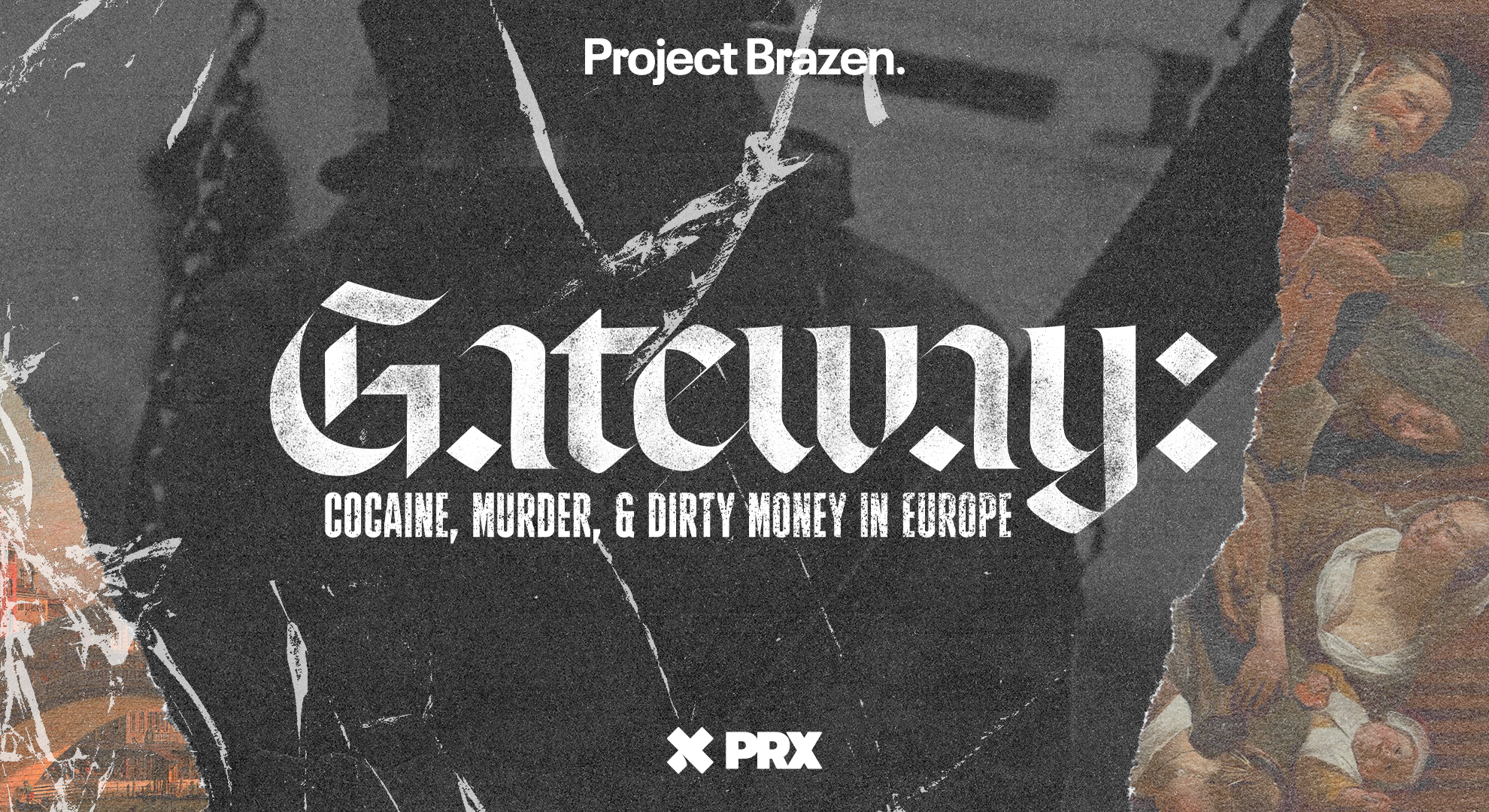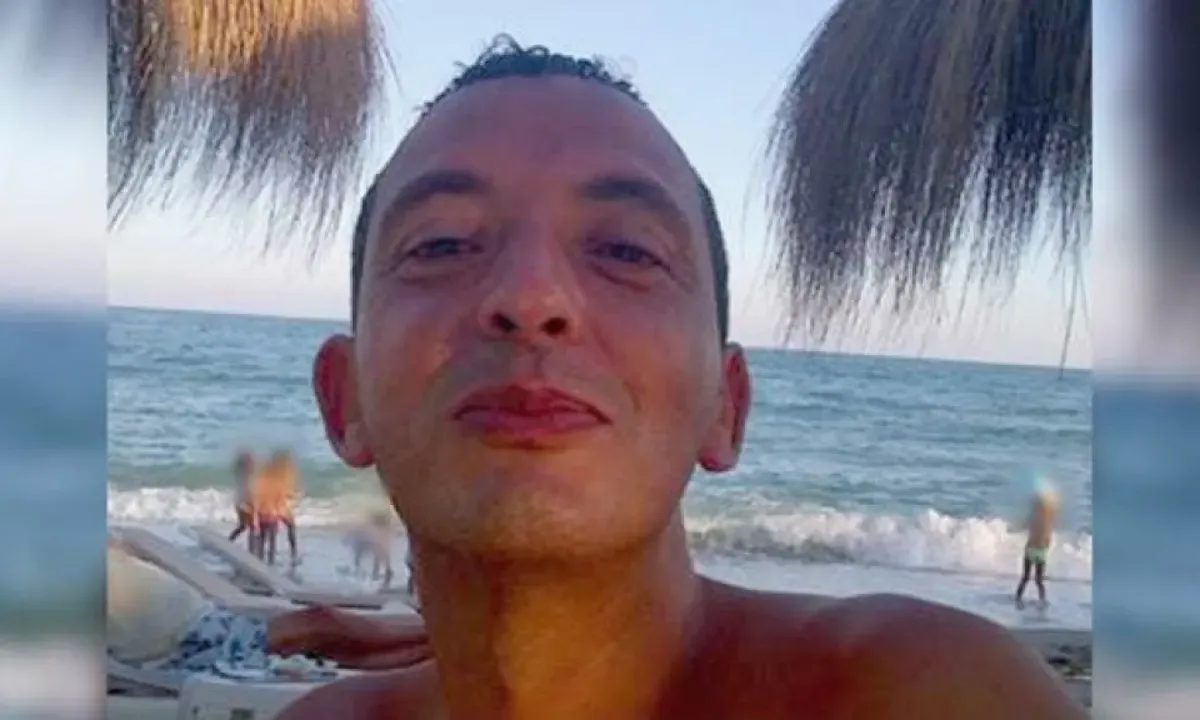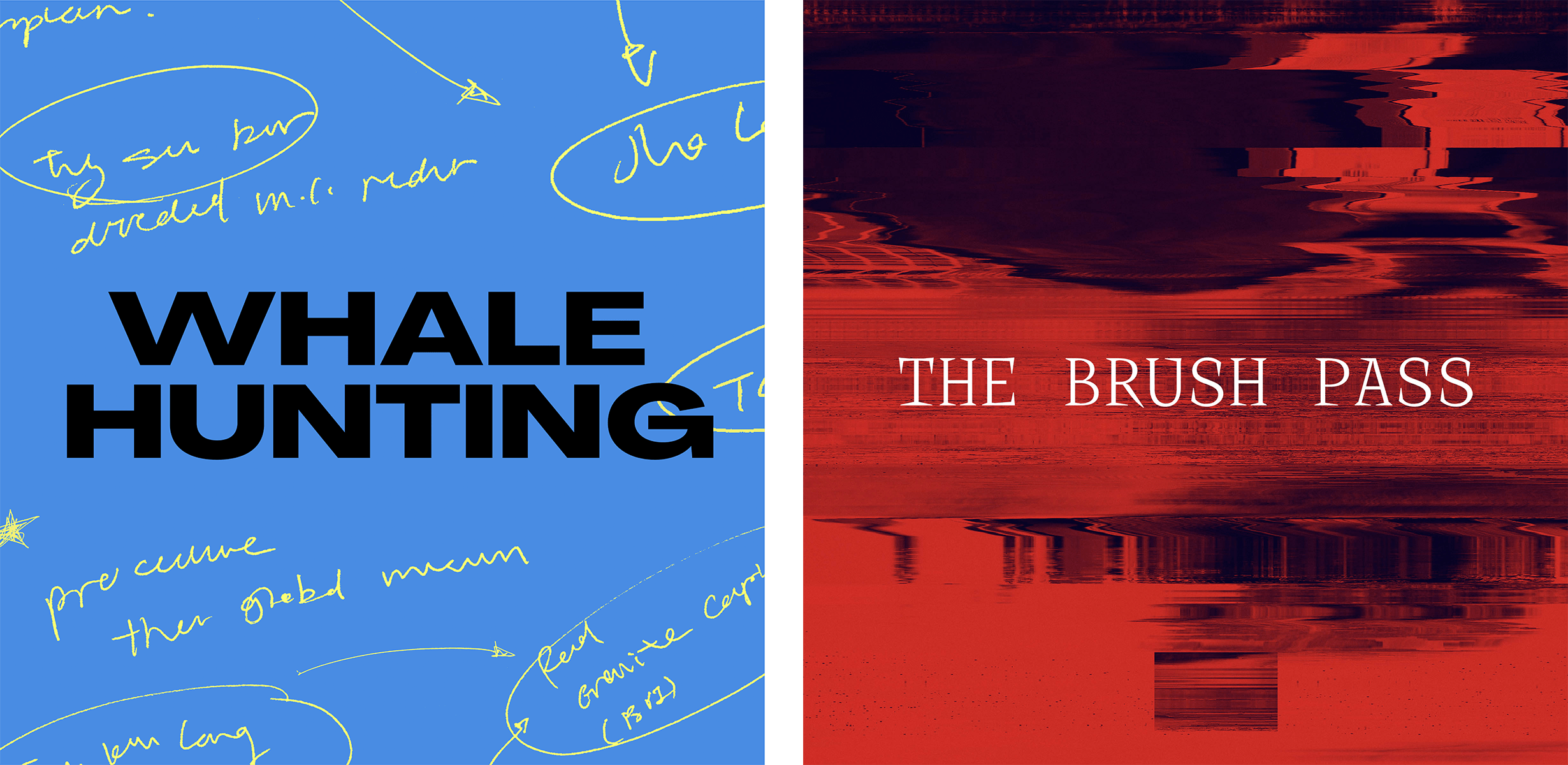
On the Ground with Mitchell Prothero
Reporting from Amsterdam and Antwerp, Mitchell Prothero spent the past year diving into Europe’s cocaine crisis through the dramatic stories of cartel leaders, cops, journalists, and victims caught in the middle for our upcoming podcast series GATEWAY: Cocaine, Murder, and Dirty Money in Europe.
Reporting from Amsterdam and Antwerp, Mitchell Prothero spent the past year diving into Europe’s cocaine crisis through the dramatic stories of cartel leaders, cops, journalists, and victims caught in the middle for our upcoming podcast series GATEWAY: Cocaine, Murder, and Dirty Money in Europe.
From RPG attacks on newspaper offices to the killing of entire families, the war on drugs has arrived on Europe’s shores. Mitch’s reporting in the podcast follows the horrifying rise and spectacular fall of Ridouan Taghi, a Dutch Moroccan man who grows up to become a major drug kingpin… only to become the star defendant in the Netherlands’ largest criminal trial.

Click here to listen to Mitch and Tom discuss the show. Remember to hit subscribe or follow the show and leave a review as soon as you're ready. If you are as excited as we are about the show, you can listen ahead of the rest of the pack by becoming a Brazen+ subscriber.
Mitch sat down with Project Brazen co-founder Tom Wright to talk about his reporting process and what’s ahead in the Gateway series.
Tom: You've been a reporter based in Europe for a while now, how did you get started on this story?
Mitch: A couple years ago I had a cop tell me that he was worried Antwerp was turning into the Miami of the 80s in terms of its economy being nearly controlled completely by cocaine and that this was affecting the city in all sorts of different ways in terms of corruption. So I started looking into it and oh boy, he was right. Gateway is a project that we came up with to basically examine the situation in the northern ports of Europe. I call it True Crime during the Crime. It's happening while the crime is actually going on.
One of the things that we came across was just this incredible situation involving a Dutch-Moroccan cocaine trafficker named Ridouan Taghi who'd been responsible for a slew of murders. Through Taghi, we tell the story of how primarily the Moroccan Mafia, but also other groups, took full control of the ports of Antwerp and Rotterdam, as well as Le Havre and Hamburg to a certain extent, to dominate Europe's cocaine trade.
Tom: What do you think will most surprise people with this reporting?
Mitch: What people are going to be most surprised about is just the sheer brutality of the violence. Even though you don't see murders in the hundreds like you would in the United States, these people were just very willing and brutal to order each other's assassinations and death over some of the smallest things. Most of the guys that are involved in the cocaine trade on a high level, they are violent people. If you steal from them, you've either got to make it up to them or they're going to kill you. That’s in part because there's no customer service, there's no courts, there's no police for them to go to and say, “Hey, this guy ripped me off.” Your reputation is your willingness to do violence to people that betray you.
But the flip side to that is, and this is what I was most surprised by, is how globalization plays a role here. The reason why they can't stop cocaine coming into Europe is because ships with 28,000 containers on them show up in Rotterdam, and they get unloaded in 24 hours by robots.
The overwhelming amount of commerce pouring into Europe via shipping containers, makes it impossible to really interdict this stuff. If you can buy anything anywhere you want at any time, you're going to have more cocaine. That was really interesting for me, learning that this is actually more of a societal globalization problem than it is a crime problem.
Tom: What did you find out in terms of this broader impact on society from cocaine?
Mitch: Cocaine is the perfect capitalist product in some ways. You can turn cocaine into money anywhere in the world. It's got a fairly standardized value. Everybody recognizes it. The only real concern with it is that obviously it can be a little hard to store because other gangsters or police might want to take it. But if you can deal with that side of it, it's a perfect commodity. And with globalization, everything can get moved as quickly as humanly possible.
The Dutch have been involved in trading at the highest levels for close to a thousand years. And one of the reasons why they've been so successful is the Dutch do not make your sushi and fresh fruit late. So, as we see consumers all around Europe expecting year-round fresh avocados, year-round fresh mangoes at a very cheap price, as quickly as possible, that opens up a massive hole in the enforcement system, because you cannot check every ship full of bananas. If you do that, the bananas are going to go bad, people are going to lose money, and then they're going to start shipping their fruit to another port. This is the inherent contradiction of interdicting cocaine. The society wants what it wants, it wants it as fast as possible, it wants it at the cheapest price, and then it's shocked when all sorts of illicit goods are moving through that same system.
I think people understand this. I think in some ways these democratic countries or democracies have accepted that cocaine is incredibly popular, but they feel like they should keep it illegal, so they try to interdict it, but the people have essentially voted for it as a society. Nobody ever really was able to run on a political platform of “I'm going to make your sushi crappier and more expensive. Your fresh fruit is going to be less fresh, and the cocaine you all clearly love so much is going to be more expensive and harder to get.” That's not a way to get elected in Belgium.
Tom: How does Ridouan Taghi and the Moroccan mafia fit into all this?
Mitch: Trying to understand the Moroccan mafia war that raged from 2012 and to a certain extent today, is like asking an Italian conscript on the Alps front in 1916 how the first World War started. It's just incredibly complicated. Basically, in 2012, a gang war broke out over a missing shipment of cocaine. Different factions of cartels that had worked together peacefully started accusing each other. It turned into a very complicated power struggle that’s killed dozens of people around Spain, Belgium, Holland. The end result of this war was this figure Ridouan Taghi had essentially come out on top around 2015, 2016. He was sort of a mysterious figure, and once he started getting revealed, he started trying to kill everybody who said his name or might testify to the cops.
Taghi was an outlier in terms of just his psychotic blood lust. He was paranoid, he seemed to really enjoy ordering murders. The number of people that he either killed or tried to kill, it became obviously gratuitous. A lot of the other cartel guys deeply resent the attention that this drew. So that's when the violence in Amsterdam really kicked off over about a four-year period. Taghi went after symbols of democracy and that bothers people more as a society. When lawyers and witnesses and normal people are all getting killed, then society is really facing those decisions that it made about the sushi, mangoes, and cocaine.
Tom: Some people in your reporting say that Europe is becoming a narco-state. Why is that?
Mitch: Nobody actually has any idea how much cocaine is flooding into Europe. They just know it's in the billions and billions. It should tell you something that they can't count it. They don't know how much has come in. So with that level of money, you start getting really concerned about the failure of states. I don't think it's on such a widespread scale in terms of violence with armed groups that are legitimately able to threaten the governments or society's control over certain parts of the country. I don't think you're going to see that anytime soon. It's going to be more of an EU centric—or it is already an EU centric—massive corruption scheme in which developments in Spain are being built by cocaine money run by guys who live in Dubai, who ship their cocaine through Antwerp. It's an overall wearing down of the rule of law. I think it'll be different than what we've seen in the traditional narco-states of South America
Tom: How is Europe responding?
Mitch: Europe really doesn't have a unified approach. Europol is trying, but the nature of the European Union is like 27 countries with 27 different foreign policies, 27 different approaches to drug use and 27 different law enforcement agencies. So this is something that the traffickers very much exploit. And so that part has a really cancerous effect on society. It’s a system that simply doesn't like cocaine supposedly, but it really can't renounce the billions of dollars that seem to pour into the economy. And I think that's a serious danger.
Tom: Are there any heroes or good guys in this story?
Mitch: You know, the journalists on the story in Belgium and Holland, and if you look at the European cocaine trade in general, the people in Ireland and Italy, these are fantastic journalists. A lot of them are absolute heroes to me. They've been covering this for about 10 years, 20 years in some cases, and they've all received death threats. I know three people who have had to live under police protection because of their reporting. And the same goes for the lawyers, particularly lawyers that I met in Amsterdam. It's incredibly brave to work on the Ridouan Taghi trial. You've been living in a safe house for more than a year. You can't go anywhere really without a massive police protection detail. And these things aren't over the top. Lawyers in the cases have been killed, witnesses have been killed. So it's a very real threat. These people are showing up every day just trying to do justice in the Dutch system for all these people who got killed. So I think there are some heroes in it, but, you know, it's a really tough subject. I mean, it even comes down to the Crown Princess of the Netherlands couldn't go to university this year because of threats from Taghi possibly trying to kidnap her in order to get out of prison. I mean, it was a fairly unrealistic plan, but you had to take it seriously because these guys have killed so many people that you think they couldn't get to.
You can find GATEWAY: Cocaine, Murder, & Dirty Money, wherever you get your podcasts, starting June 5.
If you have tips, questions, or stories to share, you can reach Mitch at gateway@projectbrazen.com
